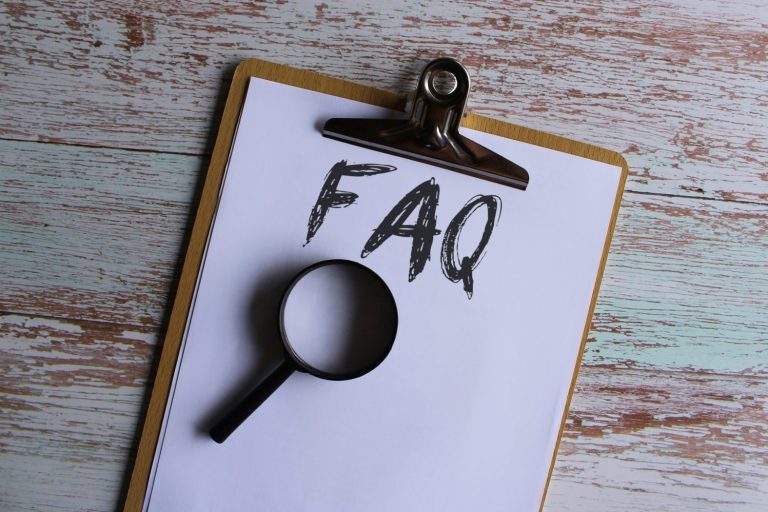
How many digital marketing agencies are there in the UK?
Keen to find out exactly how many digital marketing agencies are currently operating in the UK? As one of the thousands of digital marketing agencies
Businesses who prefer to handle their own digital marketing might focus most of their efforts on social media. That makes sense—it’s where you’re likely to be speaking directly to many of your customers, and it’s highly accessible.
But tackling social media cannot and will not constitute your whole digital marketing strategy. Digital and social media marketing are closely related but not the same thing. Let’s take a closer look at why that is.
This can be roughly simplified by a straightforward categorical imperative: all social media is digital marketing, but not all digital marketing is social media (as far as businesses go, at least).
Digital marketing is a much broader range of different channels and techniques than simply posting on social media, and so the latter is simply a single part of the former.
Don’t get us wrong, social media marketing can be highly effective, and it’s all but an essential tool to incorporate into your marketing approach. Indeed, any business that doesn’t give itself some way to communicate with customers through social media channels is as good as invisible to many of them.
Recent statistics suggest that the billions of people now using social media average over two hours a day on various platforms.
But there should be so much more going on with your digital marketing than just social media.
Social media marketing is great, but it has a limited scope that will eventually inhibit your reach. Unless you’re lucky enough to have one of your creations go viral, a lot of social media marketing stays right there on social media.
Those of your audience who don’t use social media—or don’t know of your presence on the platforms you use—aren’t going to be affected by your efforts. You need other digital marketing techniques mixed into your approach so that these people can be reached, have their data captured, and be coaxed into the funnel.
Additionally, social media platforms are nowhere near as predictable or controllable as other places to host your content. Just look at the ongoing Twitter saga, the platform having been taken over and suddenly forced into new directions and down paths that the previous management hadn’t showed signs of taking.
While none of this has made Twitter unusable as a digital marketing platform, it does highlight just how quickly things can change, and how the norms of any platform can be changed on a whim. If these changes cause an exodus of its userbase—a userbase you rely on for the bulk of your marketing—you can find yourself with a big loss to your reach that you’ll be scrambling to fill.
Like with many things in life, you simply shouldn’t put all your eggs in one basket.
You still need to focus on honing your SEO, investigate PPC options, maintain newsletters, and carry out the myriad other tasks that mean your digital marketing is always visible and can reach as wide an audience as possible.
All businesses are different, and some will find that the nature of their product, service, or their audience leads them to naturally focus their efforts on social media where they’re most lucrative. This is fine, but you must still be sure that social media isn’t all you use.
Remember that the overwhelming majority of internet traffic comprised of people looking for goods and businesses will be going through search engines (and let’s face it, almost entirely through Google).
There is some capacity to search on social media, and indeed some people may turn to a platform like Facebook to search for local businesses. But these searches are limited to the platforms themselves, and are essentially neutered versions of a search engine’s ability to aggregate content from across the entire internet, powered by many more sophisticated algorithms and with a broader scope.
This is why you still need SEO even if you’re a wizard on your socials; a big, wide internet outside of even the largest social media platforms.
We know it can be overwhelming: you’ve just got your head around social media marketing, and now there’s a hundred other terms and techniques to know.
Fortunately, we know digital marketing inside and out, and we can work with you to help you achieve your goals. With exponential increases in revenue, richer leads, and a more successful business, find out why so many trust us with their online reputations.
To perfect your SEO in Liverpool, Manchester, London, and beyond, contact us and tell us about your business today.
Why pillar pages are the foundations of a successful content strategy
How to conduct a thorough digital marketing audit of your website
Why digital marketing is important to business owners
Digital marketing trends to get ahead of the curve
Short-form vs. long-form content: Which is better for your website?
Digital marketing channels: Which one should you choose?
Content Optimisation: How to improve existing content on your website
How AI is becoming more prominent in digital marketing
How to create a results-driven digital marketing campaign
SEO for YouTube: How to optimise YouTube videos for search
How to boost your website’s domain authority
What is Evergreen Content and why does it matter for SEO?
Why we build backlinks to your website
How to develop a content strategy for SEO
Content is King. What is content marketing?
Creating great content: How to write for SEO
How digital marketing has changed over the years
How video content can elevate your website
Top 20 Facts about Manchester You Never Knew
Aqueous Digital’s Ultimate Guide to the cost of SEO in the UK
Aqueous Digital’s Guide to the Top 501 SEO and Digital Marketing Terms
How video content can elevate your business

Keen to find out exactly how many digital marketing agencies are currently operating in the UK? As one of the thousands of digital marketing agencies

Home to countless companies, London’s thriving business landscape is often at the forefront of the very latest changes and challenges. To survive in this ever

Meta descriptions play an important role in Google search results. Despite the fact they don’t directly impact a website’s ranking, they still influence click-through rates

Sheffield is renowned for its lively atmosphere and fascinating heritage. However, there are many things people don’t know about this wonderful city in the county

It’s a well-known fact that bustling Birmingham is the second largest city in the UK, but there’s far more to learn about this fascinating West

Searching for more ways to make your website’s informative content appear in the SERPs (Search Engine Results Pages) as a rich snippet? Many businesses create
This website uses cookies so that we can provide you with the best user experience possible. Cookie information is stored in your browser and performs functions such as recognising you when you return to our website and helping our team to understand which sections of the website you find most interesting and useful. Please review our full Aqueous Digital Cookie Policy for more details.
Strictly Necessary Cookie should be enabled at all times so that we can save your preferences for cookie settings.
If you disable this cookie, we will not be able to save your preferences. This means that every time you visit this website you will need to enable or disable cookies again.